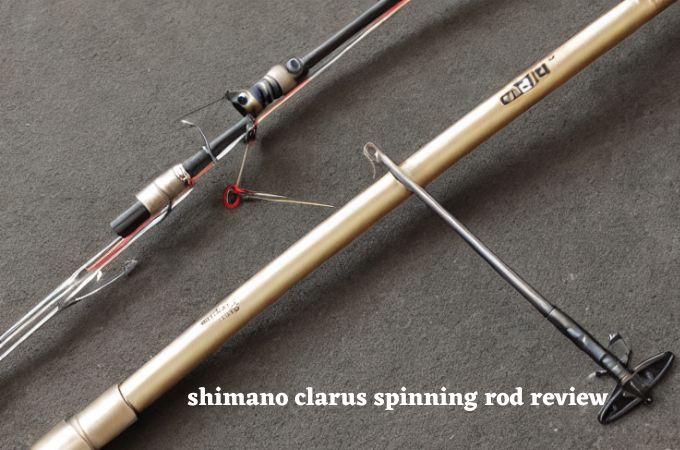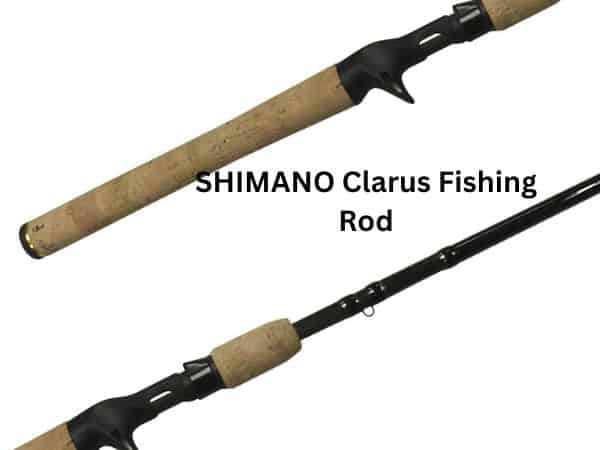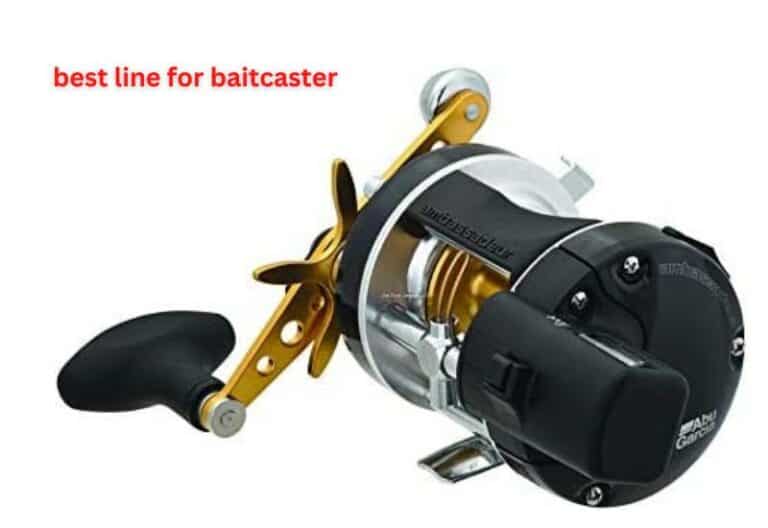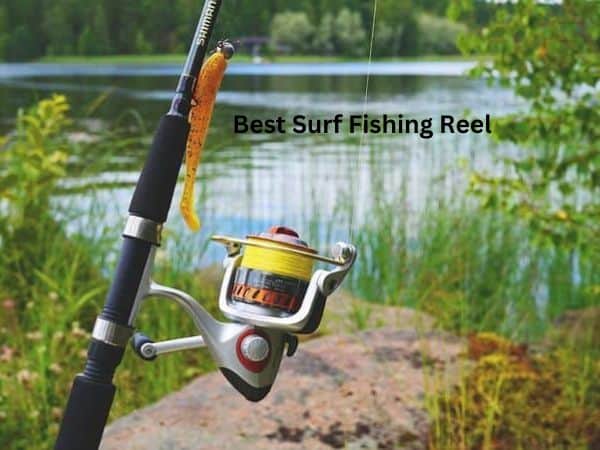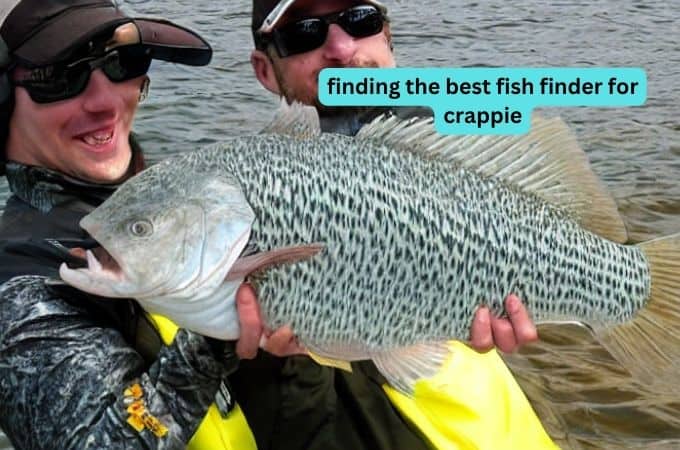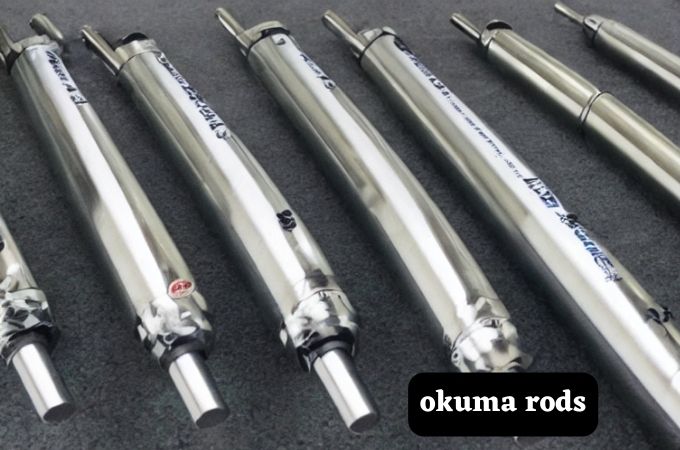Fishing Pole vs Rod | Comparison Between Fishing Pole and Rod
A fishing rod or fishing pole, which is what? As we search the answer for it, we found a lot of amateur anglers who used both the term, ‘fishing pole’ and ‘rod’ for an alternative to one another. However, it wasn’t surprising for us- since both the fishing rod and pole have some identical features and are used for a plain-speaking in daily life.
Although it isn’t an intentional mistake, anglers are long engaged in the debate of finding the answer. Which is a better fishing option, fishing pole vs rod? You will be surprised to read, here’s what we have found.
A Significant Difference Between Fishing Pole and Rod
Usually, manufacturers use natural ingredients such as cane, reed, and bamboo to make the fishing pole. On the contrary, manufacturers use Kevlar, graphite, fiberglass or boron to make their fishing rods. All these are composite materials and hence, more powerful and stable.
Besides, you will find fishing rods as a combination of all these composite materials; these are, nonetheless, higher-end rods.
Fishing Pole: Explained in Details
As I have mentioned earlier, most amateurish anglers tend to call fishing rod, a fishing pole. Even though it is an unintentional and silly mistake, many people nowadays mix up both the angling tools. Well, it has become a gruesome and rising headache for many people.
So, we take the onus to explain details about the fishing pole. Generally, it doesn’t contain any guides or eyes. Instead, there’s a tube at the end where you would need to attach an elastic to catch fishes. It is very distinctive from the regular fishing rods.
Freshwater Poles
Freshwater poles are, in general, made using canes and reeds. You will find a variety of freshwater poles in the market such as- cane poles, catfish poles and fly-fishing poles. In most freshwater poles, there’s a reel and the reel is used to open and close the pole. Each type of freshwater poles is distinctive and comes along with individual fishing purposes.
Let’s see the differences between different fishing poles.
Fly Fishing Poles
Fly fishing poles are meant for the most expert fishers and are mostly used for catching the famous trout fish. But that does not mean that that can’t be used to find other fishes also. Once experienced, it is fun to dance the bait right above the waterline.
Catfish and Crappie Poles
Catfishes usually grow large and gain substantial weight. Besides, these fishes are fighter fish as well. So, catfish poles have added support to help anglers fight with the fish.
On the contrary, crappie fish is well-known for its agility and small size. Hence, crappie fish poles Interestingly, they don’t come with a reel; instead, it is an entire section of a cane. The line is attached at the end of the rod to catch fish.
Saltwater Fishing Poles
While freshwater poles are meant for use in ponds and rivers, saltwater poles are mainly used for fishing in the seas, coastal area, and oceans alike. Likewise, the freshwater poles also come along a variety. Most expert anglers like to categorize these poles according to their using location, inshore or offshore fishing ability and surf.
Each saltwater fishing pole is attributed to a particular weight carrying capacity to catch different types of fishes. And that’s the biggest difference between the distinctive saltwater fishing poles.
Fishing Rod: Explained in Details
Fishing rods are usually long and flexible. They also have a hook attached to them. Likewise, the fishing poles, there are several varieties available of the rods in the market.
Fly Rods
As the name suggests, it is used for fly-fishing and is available in a wide range of shapes and sizes. The expert anglers mostly use it and a fly is used as the bait to lure fishes. These are flexible and weighs less than other rods. So, fishers enjoy more free movements at the time of fishing.
It doesn’t have a butt section, and so, casting is easy.
Ice Rods
These have identical characteristics, likewise the more familiar spinning rods. But these are much shorter in size because fishing in ice severely lacks proper spacing. Generally, the length of the ice rods varies from 24 to 26 inches. They also have lesser eyes than the regular spinning rods.
Some ice fishing rods also lacks the proper reel. However, these rods meet up the lacking by mounting two opposite hooks at the end.
Spinning Rods
I earlier mentioned that ice rods are smaller than spinning rods. So, let’s get introduced to the spinning rods as well. They are preferably similar to the casting rods. These rods are small in size and less weighty than the regular casting rods.
You can hang the casting reel underneath the spinning rods besides reeling on the top. So, fishing is more accessible and comfortable with the spinning rods.
Casting Rods
Casting rods give anglers the premiere freedom that they love to enjoy. It permits fishers to move freely, and so, casting bait is more accurate with the rod. Earlier casting rods were categorized into two different sections- spinning rods and baits.
However, these days they are only known as casting rods. These rods are capable of catching heavier fishes due to their heavy coverage.
Which One Is Better?
Now that we have broken down the differences between a fishing rod and a fishing pole, its time to find out which one is better. But it is hard to pick only one.
However, I think that if you love fishing in a kayak or boat, a fishing rod will be an excellent tool. The guides and eyes of the rod will help you to fish with a better success rate. On the contrary, fishing poles nowadays are outdated. Yet, many old anglers like the poles for better control.
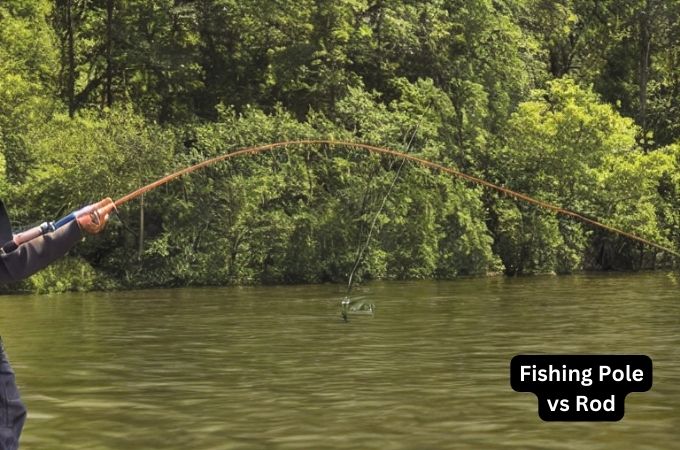
Conclusion
Fishing poles and rods are both useful tools to catch fish. However, most modern-day fishers would prefer using the fishing rods. Moreover, the location of your fishing and the type of fish you want to capture will largely determine which kinds of tools you should choose. Lastly, irrespective of what types of tools you are using, the most important thing is to ensure quality fishing equipment and your skill level.
